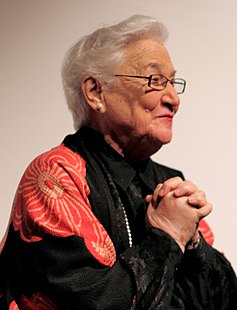WIT Life #224: 明けましておめでとうございます!
WIT Life is a periodic series written by professional Writer/Interpreter/Translator Stacy Smith (Kumamoto-ken CIR, 2000-03). She starts her day by watching Fujisankei’s newscast in Japanese, and here she shares some of the interesting tidbits and trends together with her own observations.
Happy 巳年 (hebi doshi, or year of the snake)! In Japan there are 15.2 million people who were born in the year of the snake, making them either 年男 or 年女 (toshi otoko/onna). Not sure what the numbers are here in the States, but Chinese astrology says that we’re likely to see significant developments in the area of science and technology this year. According to astrology.com, “Research and development are apt to flourish, making 2013 a very special year for scientists and scholars. The snake is a great sign, a positive one, with energy that can help us face all of the challenges ahead of us.” Also, the snake (which has the alternate kanji of 蛇, as shown in the image) is said to be the yin to last year’s dragon (辰, tatsu or 龍, ryu) yang.
 Speaking of feminine/masculine elements, two recent articles in the New York Times focus on women’s issues in Japan. The first marks the passing of Beate Gordon, “who almost single-handedly wrote women’s rights into the [Japanese] Constitution.” She was the last living member of the American team that wrote Japan’s postwar constitution, and had served as a member of General MacArthur’s staff as an interpreter (she later married a fellow government interpreter who was also involved with the constitution’s creation). Thanks to her contributions, women were provided with legal rights which they had not been previously entitled to related to marriage, divorce, property and inheritance.
Speaking of feminine/masculine elements, two recent articles in the New York Times focus on women’s issues in Japan. The first marks the passing of Beate Gordon, “who almost single-handedly wrote women’s rights into the [Japanese] Constitution.” She was the last living member of the American team that wrote Japan’s postwar constitution, and had served as a member of General MacArthur’s staff as an interpreter (she later married a fellow government interpreter who was also involved with the constitution’s creation). Thanks to her contributions, women were provided with legal rights which they had not been previously entitled to related to marriage, divorce, property and inheritance.
On the yang side of the spectrum, an article in today’s Times discusses the new Prime Minister Shinzo Abe and his attempts to rewrite history. Abe is known for being inflammatory in regard to the 慰安婦 (ianfu, or comfort women) issue, such as when he asserted that his previous administration (’06-’07) had found no evidence that the women had been coerced into service. After coming back into power, he again stirred things up by saying that he might modify Japan’s 1993 acknowledgement and apology. This would not only cause great consternation to Korea whose women were the primary victims, but to surrounding Asian countries as well, and could have a detrimental impact on the regional cooperation necessary for challenges such as North Korea’s nuclear posturing. In terms of the domestic nuclear issue, Abe has come out in support of building new nuclear reactors, despite a campaign pledge to move away from nuclear power (脱原発 or datsu genpatsu).


Comments are closed.